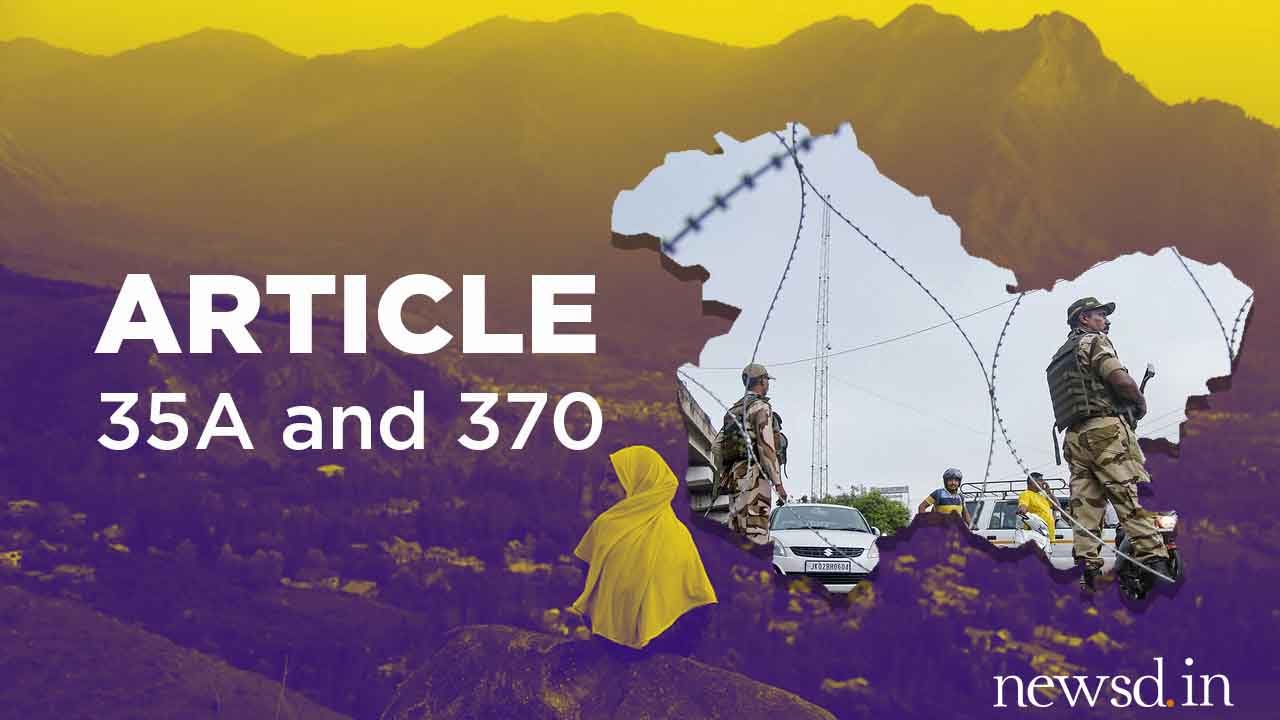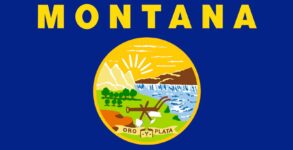Ever since the Independence from British Rule, Kashmir has been a continuous subject of debate between the two nations – India and Pakistan. Before Independence, Kashmir was a Princely state. Though other nations agreed upon the integration with Dominion of India, Kashmir disagreed with the idea.
The then ruler of the state Maharaja Hari Singh preferred to stay independent and remain neutral between Indian and Pakistan. Due to an uprising against Hari Singh and attack by raiders from the neighbouring Northwest Frontier Province, supported by Pakistan, put an end to his plans for independence.
This required him to sign the “Instruments of Accession” (IoA) with India. The agreement meant that Jammu and Kashmir is an integral part of India but the state has special provisions.
Also read: What is Article 370 of Indian Constitution: Here’s all you need to know
Meanwhile, the Western and the Northern districts presently known as Azad Kashmir (independent Kashmir) and Gilgit-Baltistan passed to the control of Pakistan, while the remaining territory became the Indian state Jammu and Kashmir.
On October 27,1947, Indian Army’s first Sikh battalion was airdropped in Srinagar where they resisted the Pathan invasion. The incident officially completed Kashmir’s accession to India.
Pressure from Nehru and Sardar Patel eventually compelled Hari Singh to appoint his son Yuvraj Karan Singh, as Regent of Jammu and Kashmir in 1949. Hari Singh was also forced to appoint the popular Kashmiri leader Sheikh Abdullah as the Prime Minister of Kashmir.
Also read: What is Article 35A? Here’s your guide to understand Jammu and Kashmir crisis
In the recent development, Bharatiya Janata Party on August 5, announced to abrogate Article 370 that granted special provisions to the state. The current regime also decided to bifurcate J&K into two Union Territories (UT). Now, Jammu & Kashmir will be UT with legislature of its own, Ladakh will be a UT without an Assembly.


















